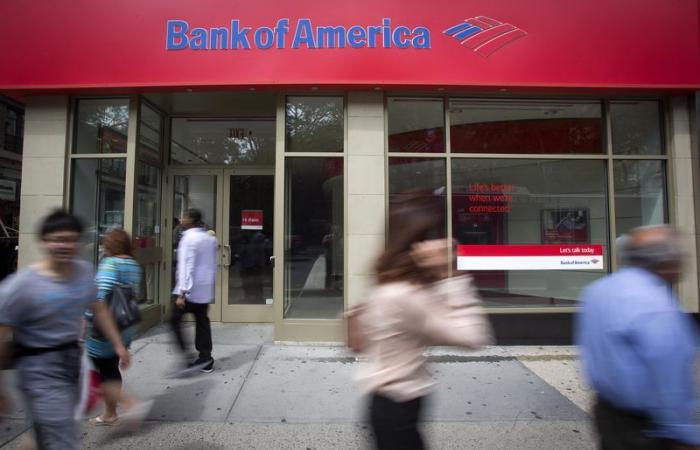
Investing.com — The Consumer Financial Protection Bureau (CFPB) today announced important actions to protect consumers from illegal credit card practices and help them save on interest and fees. The agency warned that some credit card companies operating rewards programs may be breaking the law, including illegally devaluing rewards points and airline miles.
The CFPB also released a new study showing that retail credit cards, which often offer store-specific rewards and loyalty programs, charge significantly higher interest rates than traditional cards. Additionally, the agency launched a new tool, Explore Credit Cards, to help consumers find the best credit card rates for both rewards and traditional cards. This tool allows consumers to compare over 500 credit cards using unbiased and comprehensive data.
“Large credit card issuers too often play a fool’s game to lure people to high-cost cards, increasing their own profits while denying consumers the rewards they have earned,” said Rohit Chopra, director of the CFPB. “The CFPB is tackling bait-and-switch tactics and promoting greater competition in credit card markets to protect consumers and provide them with more choice.”
The CFPB’s actions come during the busy holiday shopping and travel period, when retail card issuances often peak due to high retail sales volumes and holiday promotions.
The CFPB has also taken action against issuers such as American Express and Bank of America (NYSE:) for illegal practices related to credit card rewards programs. The agency will continue to monitor these programs and take necessary action on these issues as appropriate.
Retail credit cards make up a significant portion of the consumer credit card market, according to the new CFPB study. One in four credit card accounts is a private-label retail card, with more than 160 million accounts opened in 2024. The CFPB found that these retail cards, more than 80% of which are issued by four major banks, are more expensive than general purpose cards.
The CFPB also launched Explore Credit Cards, a tool that helps people make fair comparisons about credit card market options, using open data. Unlike existing comparison sites that may feature a limited selection of cards with high annual fees and APRs, the CFPB’s new tool provides unbiased, comprehensive data for more than 500 cards, and the data is available to anyone.
The tool addresses a lack of price competition in the credit card market: despite significant rate differences between issuers serving similar customers, people cannot easily compare interest rates before making an request. By allowing consumers to explore cards based on credit score range, interest rates, fees and rewards offers, the tool also provides consumers with a higher degree of certainty when searching cards adapted to their situation.
The CFPB is also inviting more companies to contribute to the data set, to ensure the information can penetrate marketing on paid platforms.
The CFPB previously used the same comparison data to show that the 25 largest credit card issuers charged interest rates 8 to 10 percentage points higher than smaller banks and credit unions – a difference that can cost the average cardholder $400-500 per year. By requiring issuers to report their actual average interest rate by credit tier and making that data public, people have access to information to find the best rates for their situation and needs.
This article was generated and translated with the help of AI and reviewed by an editor. For more information, see our T&Cs.





